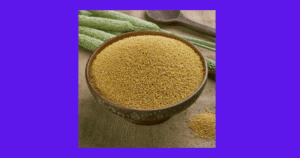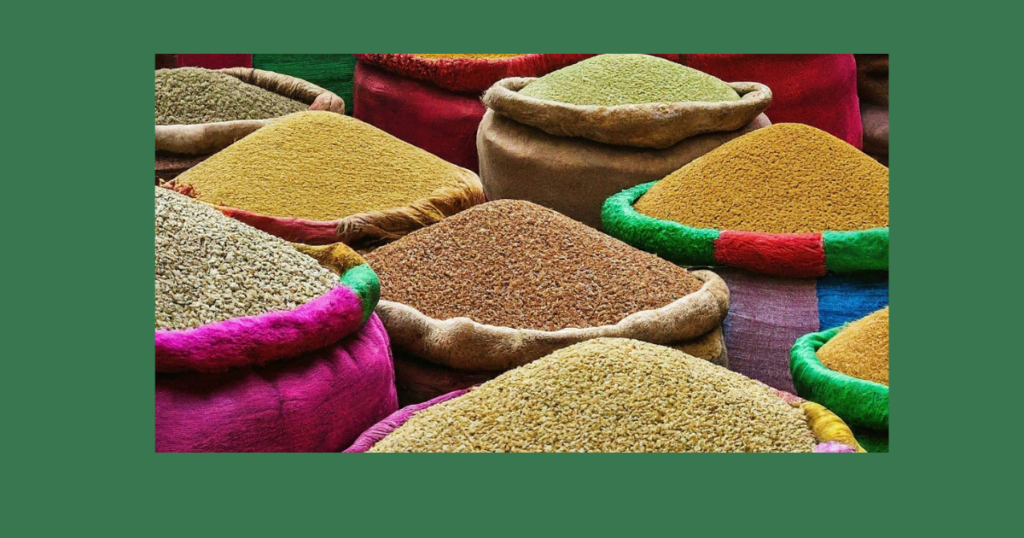Introduction:
In recent years, there has been a growing recognition of the significance of millets in promoting a healthy and sustainable diet. Millets, a group of small-seeded grasses, have been cultivated for centuries across various regions of the world. These grains are not only rich in nutrients but also offer numerous health benefits, making them a crucial component of a balanced diet. In this article, we will explore the importance of millets and why they deserve a prominent place on our plates.

Nutritional Powerhouses:
Millets, such as sorghum, pearl millet, foxtail millet, and finger millet, are nutritional powerhouses. They are packed with essential nutrients, including carbohydrates, proteins, dietary fiber, vitamins, and minerals. Millets are particularly rich in magnesium, iron, phosphorus, and potassium, contributing to overall well-being and supporting various bodily functions.
Diverse Health Benefits:
- **Rich in Fiber:** Millets are an excellent source of dietary fiber, promoting digestive health and preventing constipation. The high fiber content also helps in managing blood sugar levels and reduces the risk of developing type 2 diabetes.
- **Gluten-Free Alternative:** Millets are naturally gluten-free, making them a suitable option for individuals with gluten sensitivity or celiac disease. Including millets in the diet provides a safe and nutritious alternative to wheat and other gluten-containing grains.
- **Weight Management:** The fiber content in millets contributes to a feeling of fullness, aiding in weight management. Additionally, the complex carbohydrates in millets are absorbed slowly, preventing sudden spikes in blood sugar levels and promoting sustained energy release.
- **Heart Health:** Millets contain heart-healthy nutrients such as magnesium and potassium, which play a vital role in maintaining cardiovascular health. These grains may help in reducing blood pressure and lowering the risk of heart diseases.
- **Rich in Antioxidants:** Some millets, such as finger millet (ragi), are rich in antioxidants like polyphenols. Antioxidants help in neutralizing free radicals in the body, protecting cells from damage and reducing the risk of chronic diseases.
Environmental Sustainability:
Apart from their nutritional benefits, millets contribute to environmental sustainability. These crops are hardy and resilient, requiring less water and fewer inputs compared to conventional grains like rice and wheat. Millet cultivation is well-suited for regions facing water scarcity, making them an eco-friendly choice in agriculture.
Culinary Versatility:
Millets offer a wide range of culinary possibilities. From flatbreads and porridges to salads and desserts, millets can be incorporated into various dishes, adding a unique texture and flavor. The versatility of millets allows for creative and delicious ways to include them in everyday meals.
Conclusion:
The importance of millets in modern nutrition cannot be overstated. These grains not only contribute to a well-balanced and nutrient-rich diet but also play a crucial role in promoting environmental sustainability. As awareness grows, incorporating millets into our daily meals can lead to improved health outcomes for individuals and a more sustainable future for our planet. It’s time to recognize and embrace the significance of millets in fostering a healthier and more resilient world.

